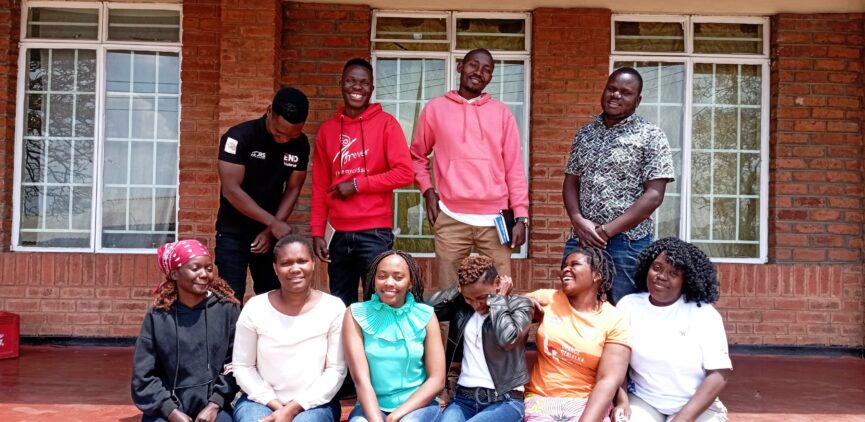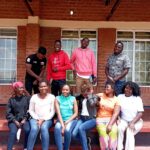Using Art to Share SRHR Messages and Services Among Youth: A Case from Dzaleka Refugee Camp
In the heart of Malawi lies Dzaleka Refugee Camp, a place filled with diverse cultures, untold stories and youthful energy. But like many vulnerable communities, Dzaleka faces significant challenges particularly among its youth. High rates of early pregnancies, new HIV infections, STIs and school dropouts threaten young people’s futures daily. In 2021 and 2022, All for Youth, under the Ministry of Health and UNHCR, introduced a powerful solution A Youth Mentorship Program.
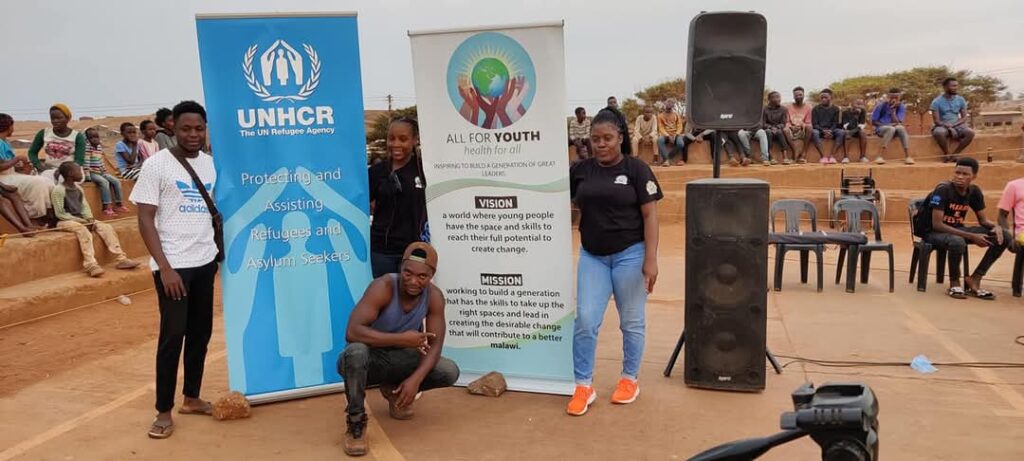
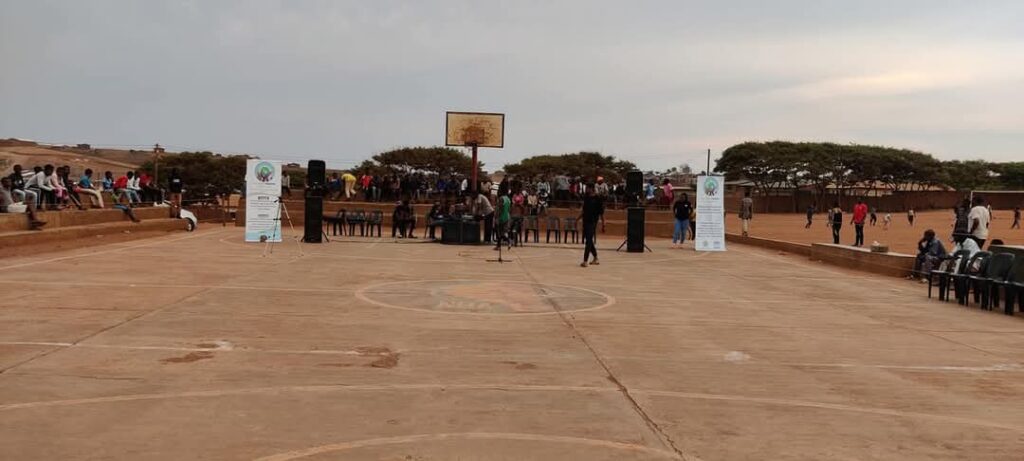
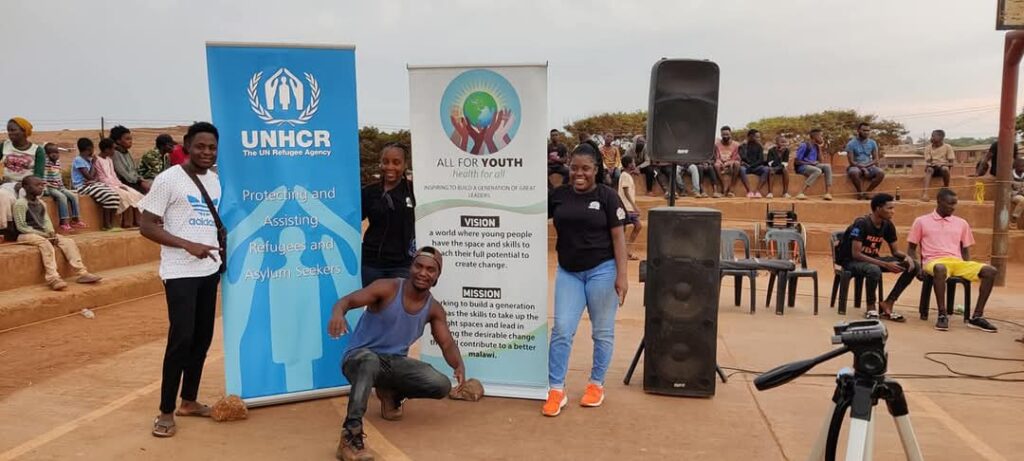
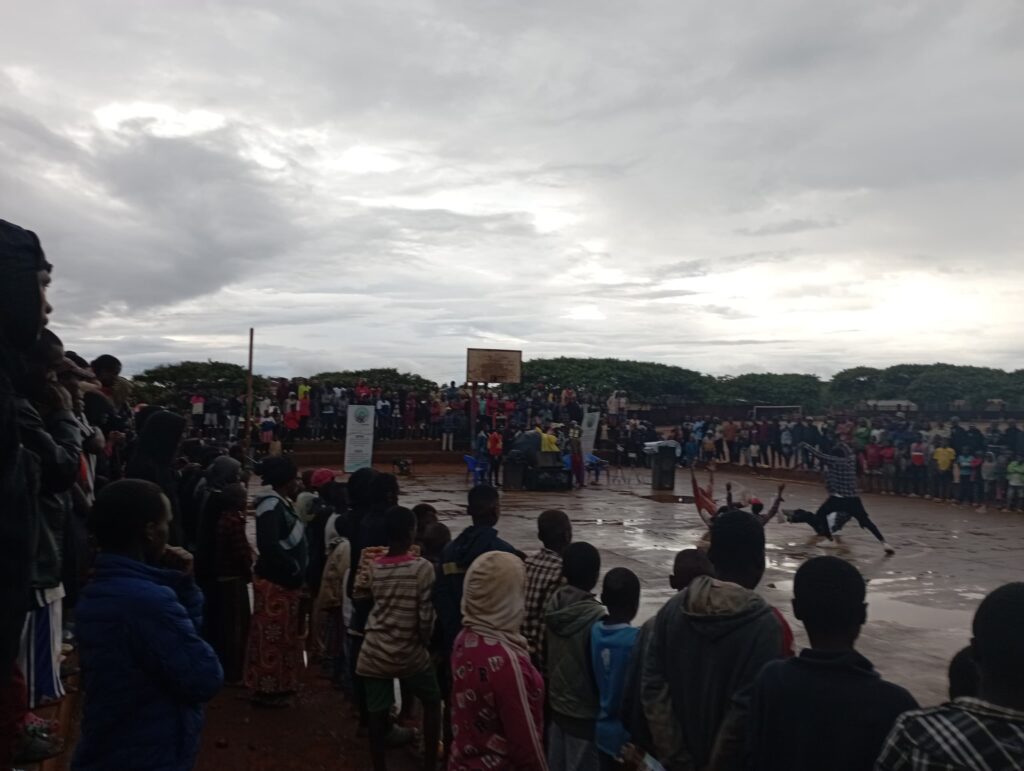

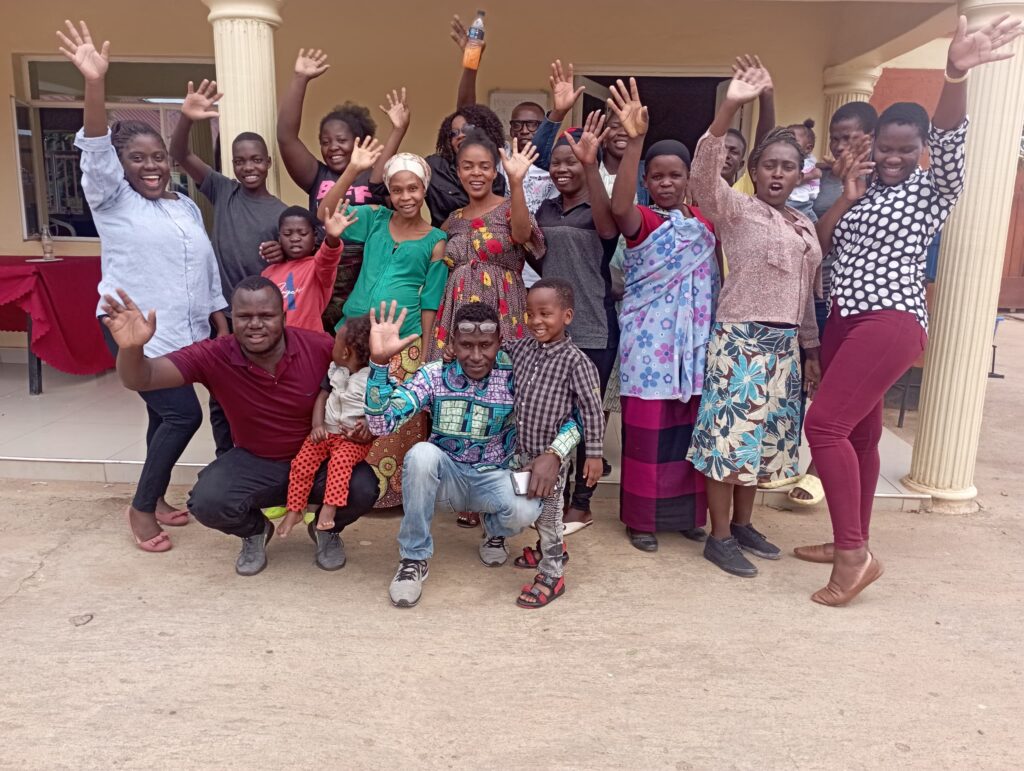

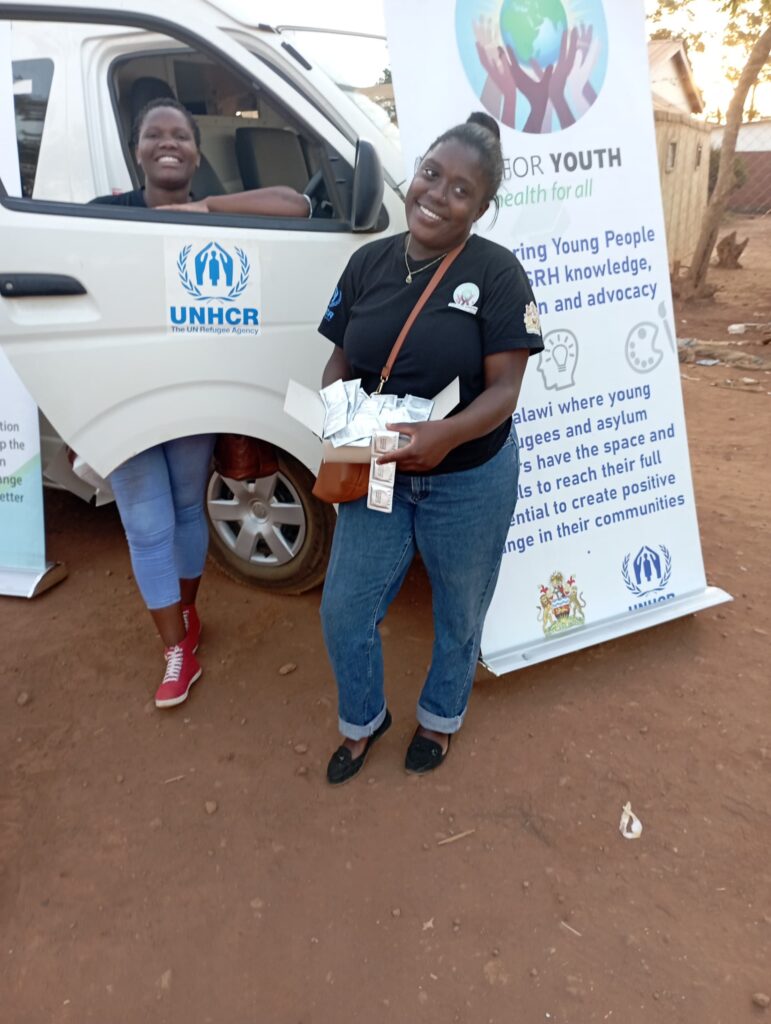
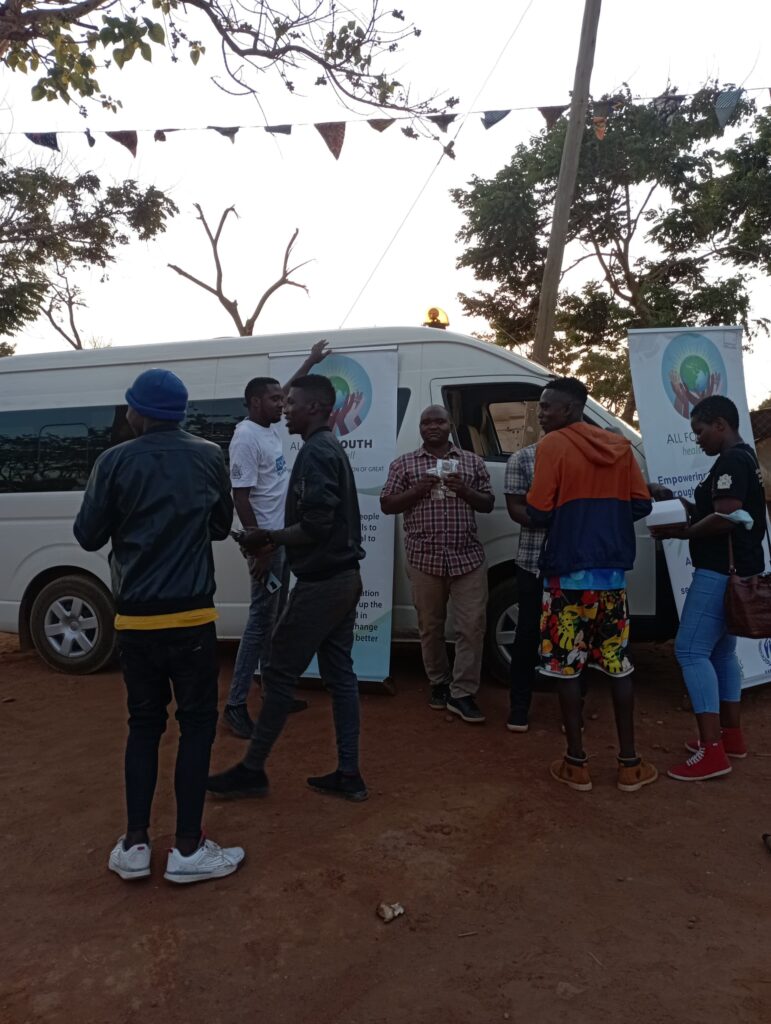
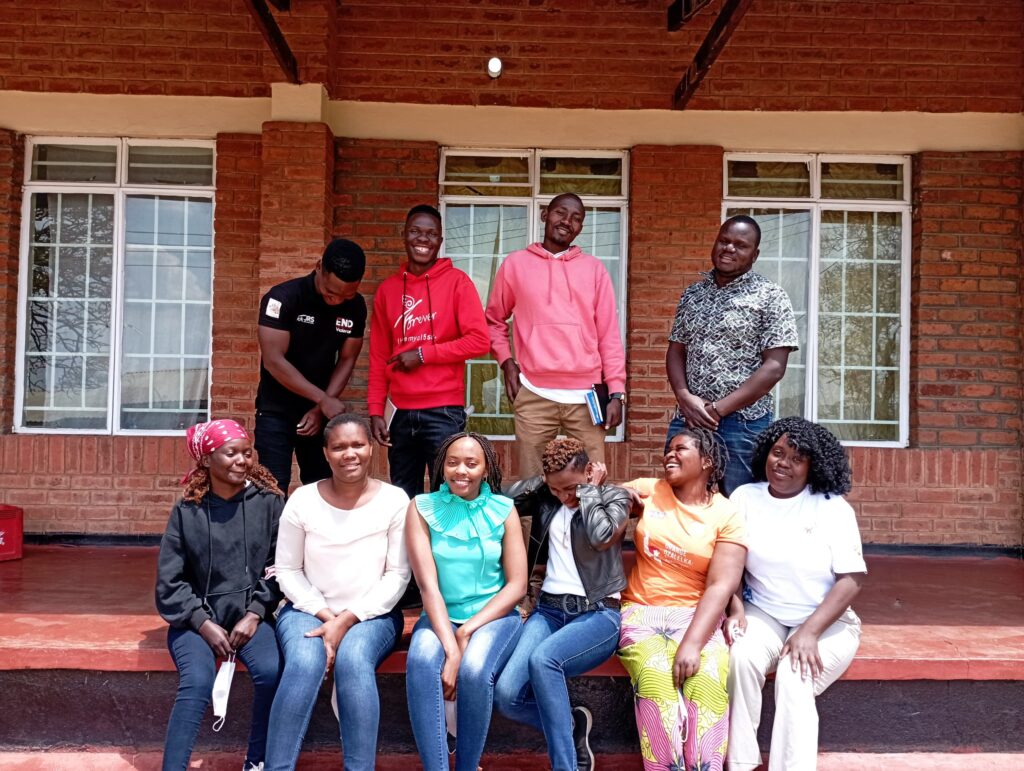
The program trained 50 youth leaders from within the camp to become peer educators and change-makers. These young people were equipped not only with knowledge on sexual and reproductive health and rights (SRHR), but also with skills to lead conversations around stigma, peer pressure, advocacy, leadership and gender-based violence. The initiative also involved training key populations in SRHR, peer education and peer navigation ensuring information and services reached even the most marginalized.
One of the most impactful aspects of the program was its use of the existing Sanaa Weekend a vibrant youth festival that features dance, music, poetry, visual art and sports to engage youth. By integrating SRHR messages into these performances the program captured the attention of hundreds of young people in an environment that felt safe, inclusive and fun.
Sanaa Weekend isn’t just an event it is a movement. Youth performers used their talents to highlight issues like consent, HIV prevention, family planning and the importance of staying in school. Through song, drama, and spoken word, they challenged harmful norms and encouraged their peers to make informed decisions about their health and futures. The energy was electric. Crowds gathered not just for entertainment but for empowerment.
What made this approach effective was its ability to meet young people where they were. In a setting like Dzaleka, where conventional health outreach often struggles to gain traction, art broke down barriers. It made complex topics relatable. It made learning enjoyable. Most importantly, it sparked conversations that continued long after the festival ended.
The success of this initiative lies in its youth-led community-rooted design. It provided a platform for young people to lead not just participate in changing their narrative. The program also emphasized partnership, working closely with local structures to create a sense of ownership and sustainability.
All for Youth believes strongly in the power of such models. With more resources and support, there’s a deep desire to return to Dzaleka and scale up these efforts. The SRHR Sanaa Weekend is a powerful reminder that when you give young people the tools and space to lead, they don’t just listen they inspire, educate, and drive change.

